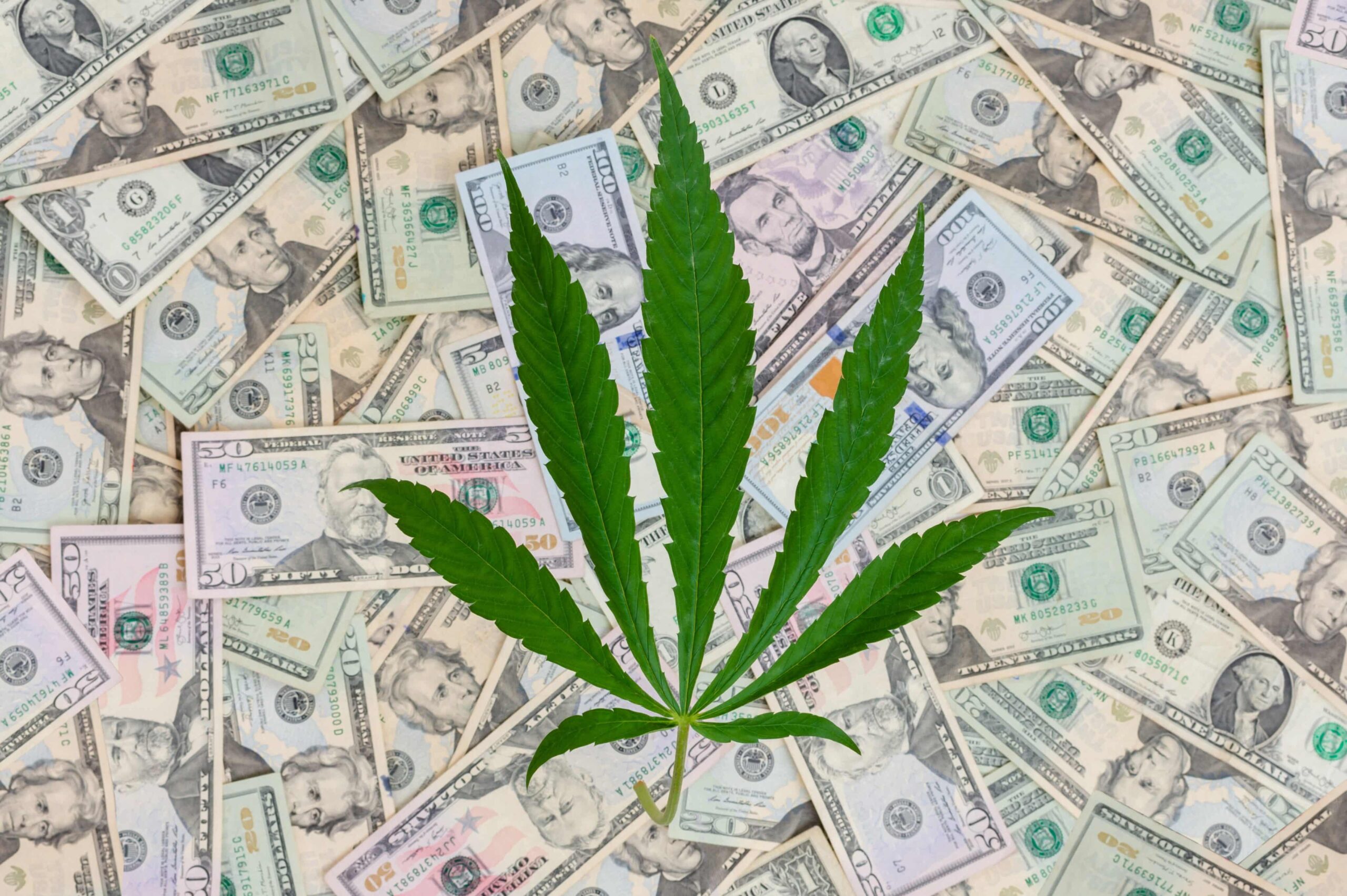
Washington state will pay out $9.4 million in restitution related to drug convictions
In July, Washington state recently opened its online reimbursement center called the Blake Refund Bureau to cover court-ordered fines or costs related to drug possession convictions. Since then, the state has already approved reimbursements totaling $276,000.
The Administrative Office of the Courts (AOC) created the Blake Refund Bureau more than two years after the court’s decision in State v. Blake in February 2021, when the Washington Superior Court ruled that arresting people for drug possession was unconstitutional.
The focus of the case was a woman who received a pair of jeans from a friend in 2016 with a small bag of methamphetamine hidden in her coin pocket. The state charged her with possession of a controlled substance, but she claimed “unknowing possession” in her defense.
This premise sparked a discussion about those who unknowingly handle or carry drugs. According to Judge Sheryl Gordon McCloud, a postal worker can unknowingly deliver packages that contain drugs, or a roommate can hide drugs in a shared living space. “To attach the harsh penalties of a felony conviction, lengthy prison sentences, stigmatization and the many collateral consequences that come with any drug conviction to completely innocent and passive behavior is beyond the authority of the Legislature,” Gordon said.
“In 2021, the Washington State Supreme Court found the law criminalizing drug possession unconstitutional,” AOC said. “Because of this decision, known as State v. Blake, all convictions related to Blake may be expunged (vacated) from the criminal record, and any Legal Financial Obligations (LFOs) paid as a result will be eligible for financial reimbursement.” Washington state law enforcement agencies have been ordered to no longer prosecute individuals for to arrest for simple drug possession.
Anyone who, prior to the conclusion of State v. Blake” or who was convicted of drug possession before February 25, 2021, is entitled to have his conviction overturned and reimbursement of all related costs. The Olympian said an estimated 20,000 drug possession charges dating back to the 1970s could be expunged, in addition to 150,000 misdemeanor cannabis charges.
Robin Zimmerman, a senior communications officer for the Washington State Administrative Office of the Courts, recently told The Olympian that the refund amount is increasing every day and that “payments for the online filing refunds are on track and processed and issued within 90 days.” become.” .”
Zimmerman also added that state courts have paid out $9.4 million in LFO refunds. Before the Blake Refund Bureau was created, refunds were issued to state cities and counties through June 30. More than 30,000 people have now visited the website and 25,000 cases have been processed online, with the number increasing daily. “Blake team members are working to process applications and collaborate with justice partners on outreach efforts to inform Blake-affected individuals across Washington state about the assistance options now available,” Zimmerman said.
The original court ruling was set to expire on July 1 this year, but in May 2023, Washington state lawmakers went into a special session to pass a law that was later signed by Gov. Jay Inslee.
According to Senator June Robinson, she told The News Tribune in May that it was the most difficult legislation she had worked on in her entire career. “Fortunately, as a society we are beginning to understand that addiction is a disease,” Robinson said. “However, today, unfortunately, we do not have a developed infrastructure and dedicated and trained personnel to adequately combat this disease in every corner of our state. We have heard time and time again that any solution we propose must prioritize treatment options. I believe this remarkable amendment does just that.”
May was a good month for Washington State, with other bills passed by Governor Inslee. He signed a bill that would increase the number of social equity licenses by 52 between 2024 and 2032. The bill’s sponsor, Senator Rebecca Saldaña, explained the importance of her bill. “Building opportunity and flexibility for people of color who have been disproportionately harmed by the war on drugs is not only a moral imperative, but a critical step toward a more just and equal society,” Saldaña said. “We heal the damage of the past through our commitment to action and change today.”
Inslee also signed a separate bill that would protect workers from pre-employment drug testing. According to Paul Armentano, deputy director of NORML, this was a major step forward. “Urinalysis for cannabis use outside of the workplace has never been an evidence-based measure,” Armentano said. “Rather, this discriminatory practice is a remnant of the war on drugs zeitgeist of the 1980s. But the times have changed; Attitudes have changed, and in many places marijuana laws have changed too. It is time for workplace policies to adapt to this new reality and stop penalizing employees for activities they engage in outside of work hours that do not pose a threat to workplace safety.”
The Seattle Times reported in December 2022 that the state saw a decline in sales for the first time since legalization began in 2014. Although the state reported $509 million in excise tax revenue for fiscal year 2022 – an 8% decrease compared to sales in fiscal year 2021. Brian Smith, spokesman for the Washington Liquor and Cannabis Board, explained that one reason for this is the The transition from pandemic-related remote work back to face-to-face work could be.

Post a comment: